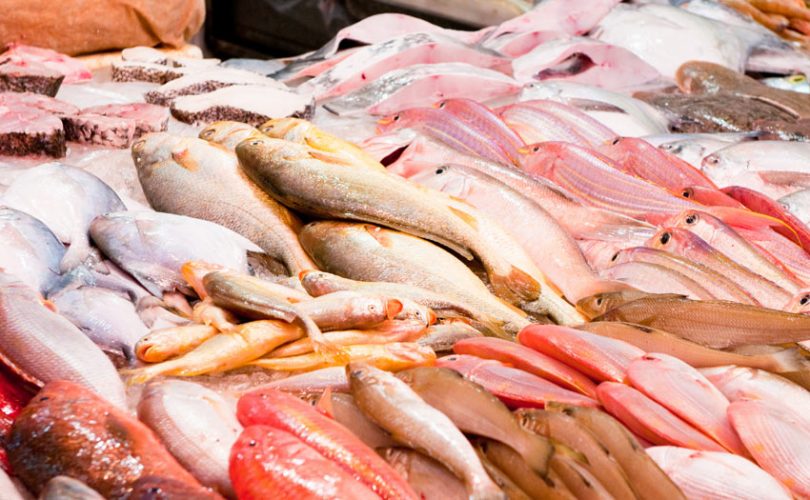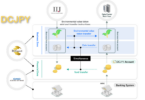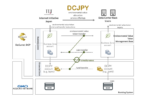American startup KnowSeafood will launch a direct-to-consumer online seafood market using blockchain. The project aims to increase traceability and trust in the seafood chain and will enable consumers to track purchased sea products from the moment they are caught to when their delivery arrives.
The American market for seafood accounts for an average of four to seven middlemen before the product arrives in grocery stores. Furthermore, 90% is imported, with some claiming that as much as half is caught in America and reimported after being processed overseas. Such inefficiencies and time-consuming processes in the supply chain limit provenance traceability and open the door for food mislabeling and fraud opportunities. In fact, according to an investigation by New York’s Attorney General, over 25% of seafood in New York State stores was mislabeled, rising to more than 40% in the city.
KnowSeafood’s online market structure cuts out middlemen in the supply chain. The company will work directly with seafood harvesters so that products are shipped from harvester to KnowSeafood to consumers.
The platform uses the VeChain blockchain, and all harvesters are required to use the blockchain. Harvesters are expected to upload harvesting, processing and shipping information using VeChain’s ToolChain.
The initiative will also incorporate the StoryBird supply chain transparency app, which provides the consumer experience of interacting with fishermen’s profiles and enables them to explore the sustainability practices they adopt in greater detail. Farmer connect’s ‘Thank My Farmer’ app offers a similar experience. It was recently implemented in a blockchain solution for Orang Utan Coffee Retail in the UK.
The seafood marketplace already has more than ten suppliers lined up. They include Norwegian Aurora salmon from Lerøy, Rocky Coast lobster tails and Alaskan gold halibut.
KnowSeafood’s initiative aligns with the company’s mission to provide consumers with access to sustainable and ethically produced seafood. The service reflects recent trends in consumer demand and purchasing behavior of seafood. A study from GlobeScan in 2018 found that 70% of seafood consumers would like more transparency from companies on the sustainability of their product and 72% agreed that to save the oceans, seafood consumption should come from sustainable sources.
As consumers grow more aware of food fraud and unethical practices in food supply chains, traceable products become more attractive. Olive oil Terra Delyssa experienced a significant spike in demand after implementing traceability features for its bottles and further predicted a 30% spike during the pandemic. For KnowSeafoods, while sustainability and traceability are significant benefits of the use of blockchain, producers of seafood may also benefit from a likely increase in demand.
Production costs are also likely to decrease due to fewer middlemen in the supply chain. Australian digital marketplace Two Hands, which has already been carrying out a project similar to KnowSeafood’s initiative, generates around 20% cost savings throughout the supply chain.
Nevertheless, blockchain solutions prevail in aggregating value through food traceability of sustainable and ethical production practices. The Sustainable Shrimp Partnership recently launched a blockchain platform linked to IBM Food Trust, and India’s ByteAlly partnered with Feed the Future Bangladesh Aquaculture and Nutrition Activity to begin trialing a fish-focused blockchain food traceability program in Bangladesh.






